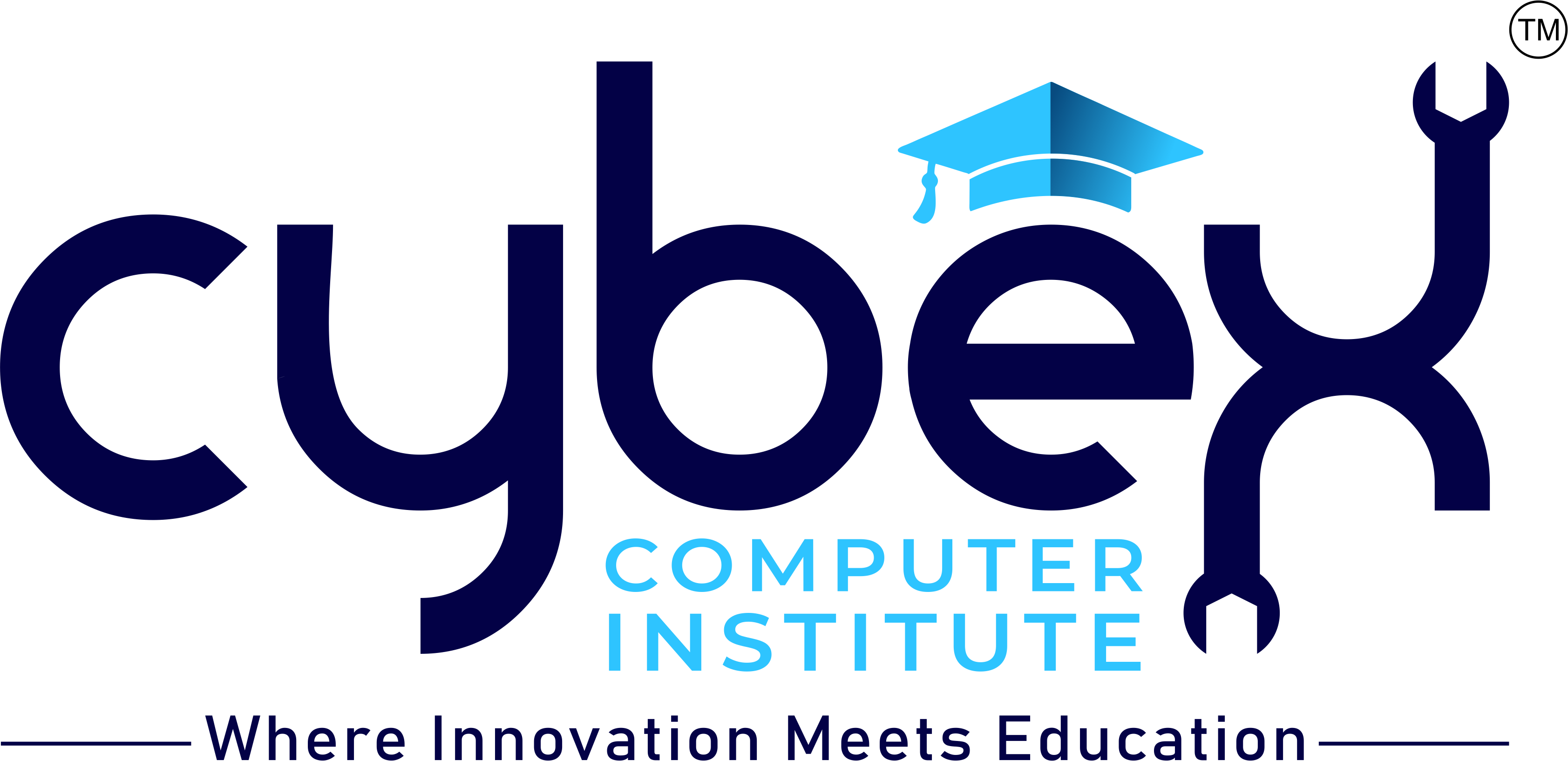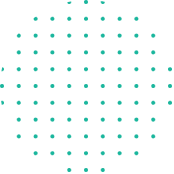Course Description:
This course offers an exhaustive exploration of the C# programming language, delving into its extensive features and capabilities. Designed to provide participants with a thorough understanding of C#, this program covers key concepts including Object-Oriented Programming (OOP), Inheritance, Interfaces, Exception Handling, Reflection, Standard I/O Programming, File Handling, and Generics. By integrating these fundamental aspects of C#, the course aims to equip learners with the skills required to develop robust, efficient, and maintainable applications in C#.
Course Outline:
- Introduction to C#:
- Overview of C#: history, features, and its role in the .NET framework.
- Setting up the development environment: installing Visual Studio and configuring a C# project.
- Basic Syntax and Fundamentals:
- Understanding C# syntax: variables, data types, operators, and expressions.
- Fundamentals of C# programming: statements, control flow constructs (if, switch, loops).
- Object-Oriented Programming (OOP):
- Classes and Objects:
- Defining and using classes and objects: constructors, fields, properties, and methods.
- Encapsulation: access modifiers and data hiding.
- Inheritance:
- Implementing inheritance: creating derived classes and understanding base class relationships.
- Method overriding and using the virtual and override keywords.
- Polymorphism:
- Achieving polymorphism through method overriding and interface implementation.
- Interfaces:
- Defining and implementing interfaces: understanding abstract methods and multiple inheritance through interfaces.
- Classes and Objects:
- Exception Handling:
- Introduction to exception handling: understanding exceptions and error types.
- Using try, catch, finally blocks to manage exceptions.
- Custom exception handling: creating and throwing user-defined exceptions.
- Reflection:
- Introduction to reflection: understanding its purpose and applications.
- Using the System.Reflection namespace to inspect and interact with object metadata.
- Implementing dynamic object creation and method invocation using reflection.
- Standard I/O Programming:
- Basics of input and output operations: reading from and writing to the console.
- Formatting output and handling user input efficiently.
- File Handling:
- Techniques for file input and output: reading from and writing to files using the System.IO namespace.
- Working with file streams, text files, and binary files.
- Handling file and directory operations: creating, deleting, and manipulating files and directories.
- Generics:
- Introduction to generics: understanding the need for type-safe data structures.
- Creating and using generic classes, methods, and interfaces.
- Working with built-in generic collections: List<T>, Dictionary<TKey, TValue>, and others.
- Advanced C# Features:
- LINQ (Language Integrated Query):
- Using LINQ to query and manipulate collections in a declarative manner.
- Asynchronous Programming:
- Introduction to asynchronous programming with async and await keywords.
- Understanding task-based asynchronous programming for better performance.
- LINQ (Language Integrated Query):
- Best Practices and Coding Standards:
- Writing clean and maintainable C# code: best practices for coding standards and code organization.
- Utilizing design patterns and principles to enhance code quality and architecture.
- Practical Applications and Projects:
- Applying learned concepts through practical exercises and projects.
- Developing a comprehensive project that demonstrates proficiency in C# programming.
Learning Outcomes:
By the end of this course, participants will have an in-depth understanding of C# programming language features and their practical applications. They will be proficient in implementing object-oriented principles, handling exceptions, working with files and generics, and utilizing advanced features like reflection and LINQ. This comprehensive knowledge will enable them to develop robust, scalable, and efficient applications using C#.
Target Audience:
This course is ideal for individuals seeking to master the C# programming language, including software developers, computer science students, and professionals looking to enhance their programming skills. It is suitable for those who wish to gain a strong foundation in C# and apply their knowledge to various software development projects.
Whether you are new to C# or looking to deepen your expertise, this course provides the essential tools and knowledge to excel in C# programming and application development.




